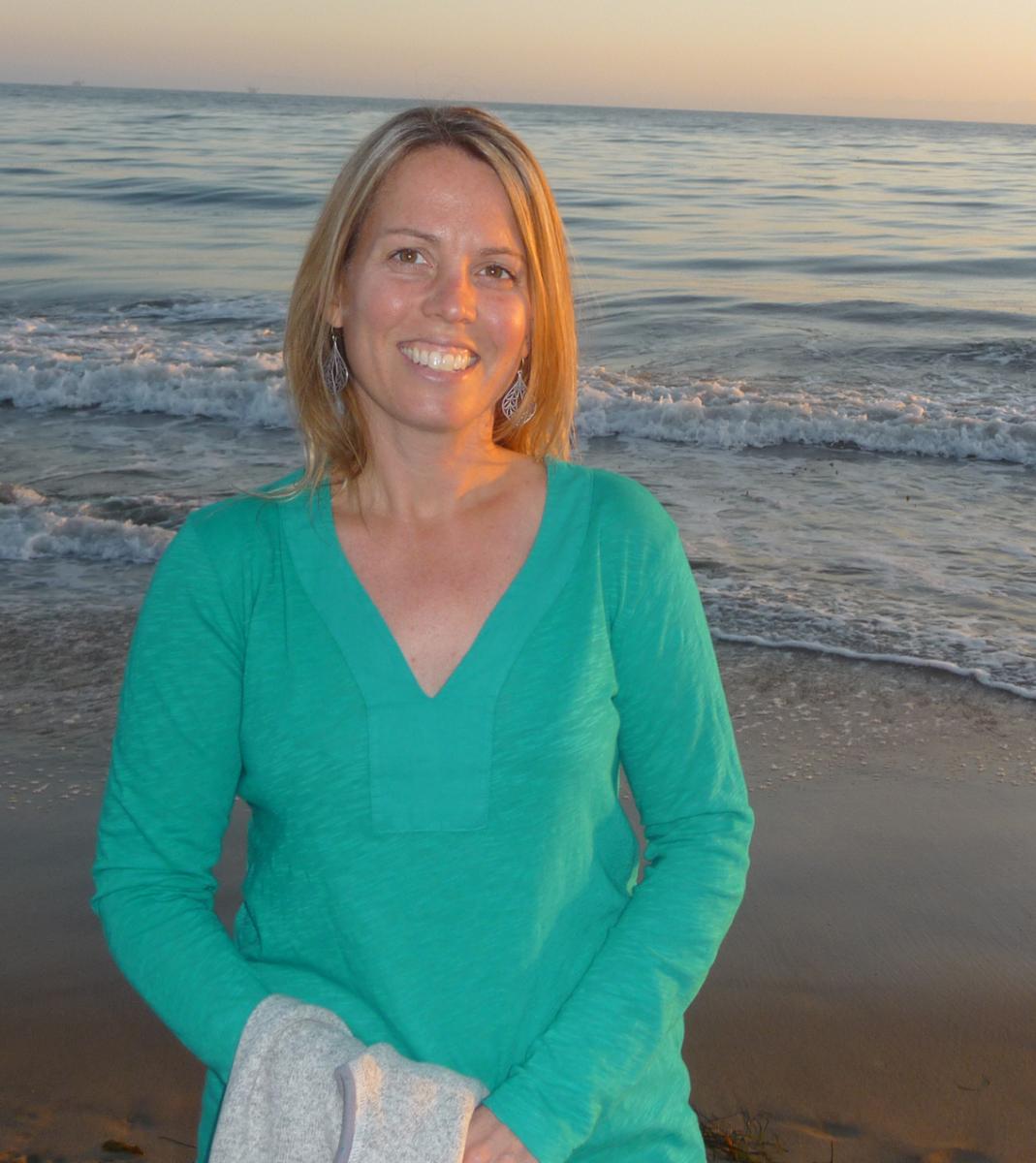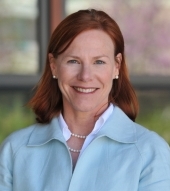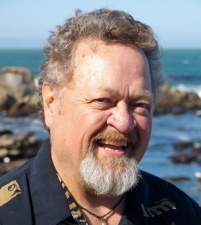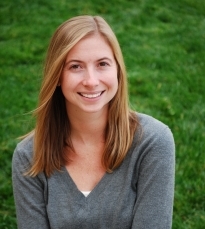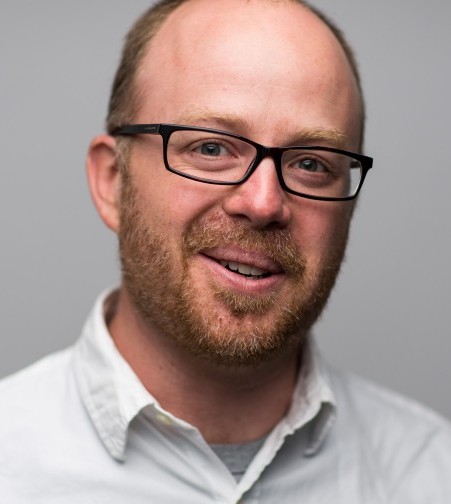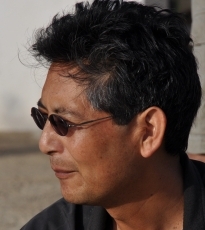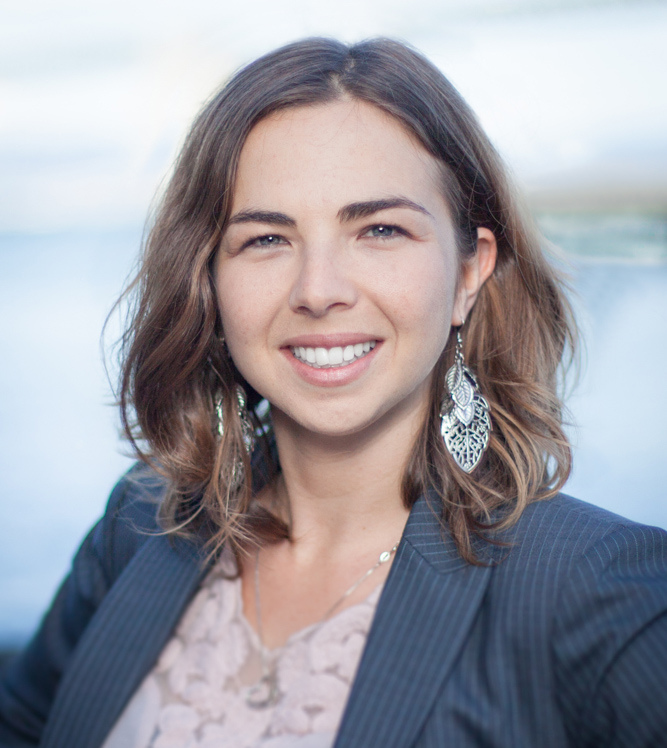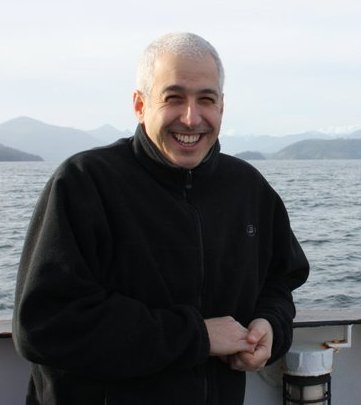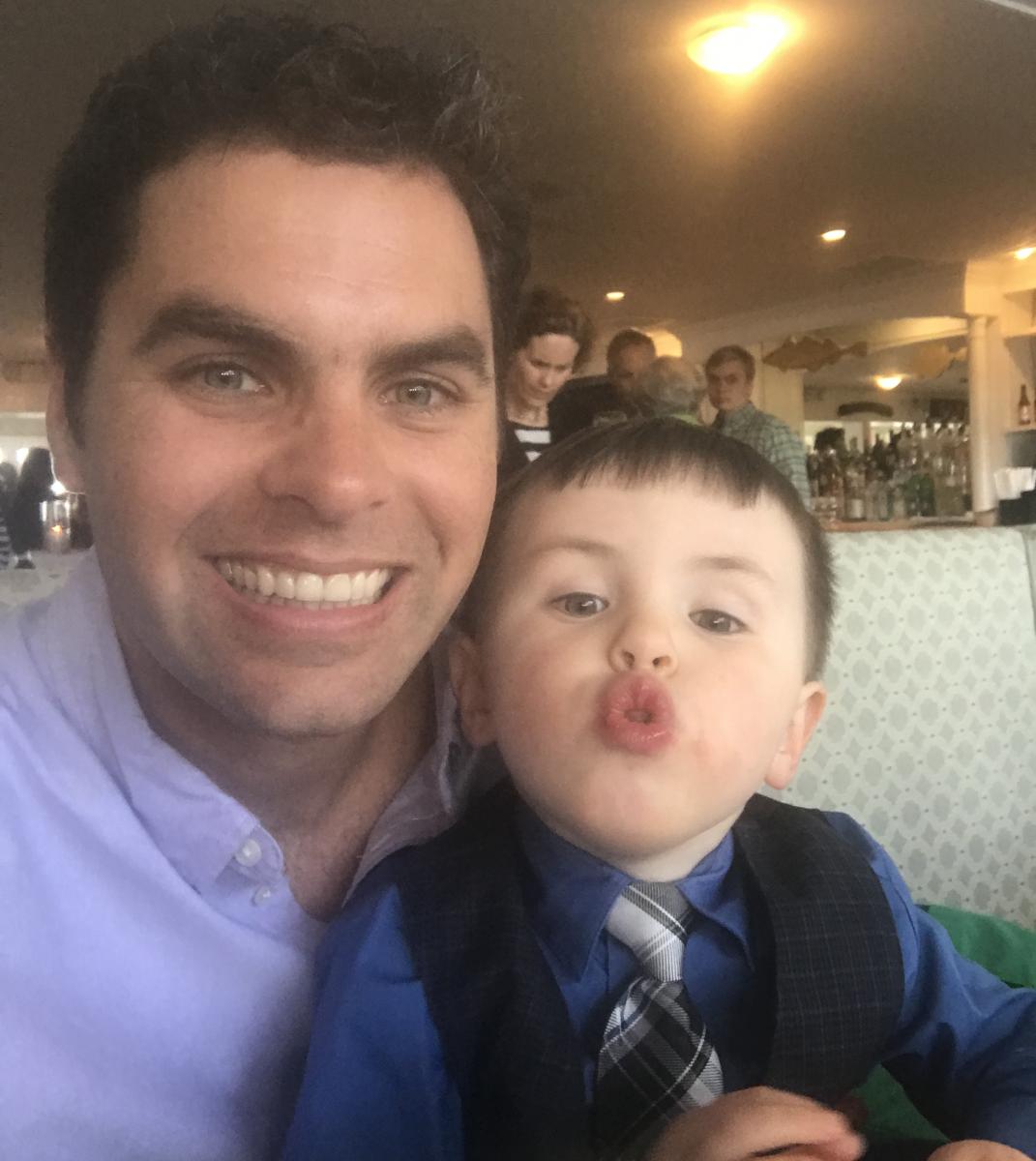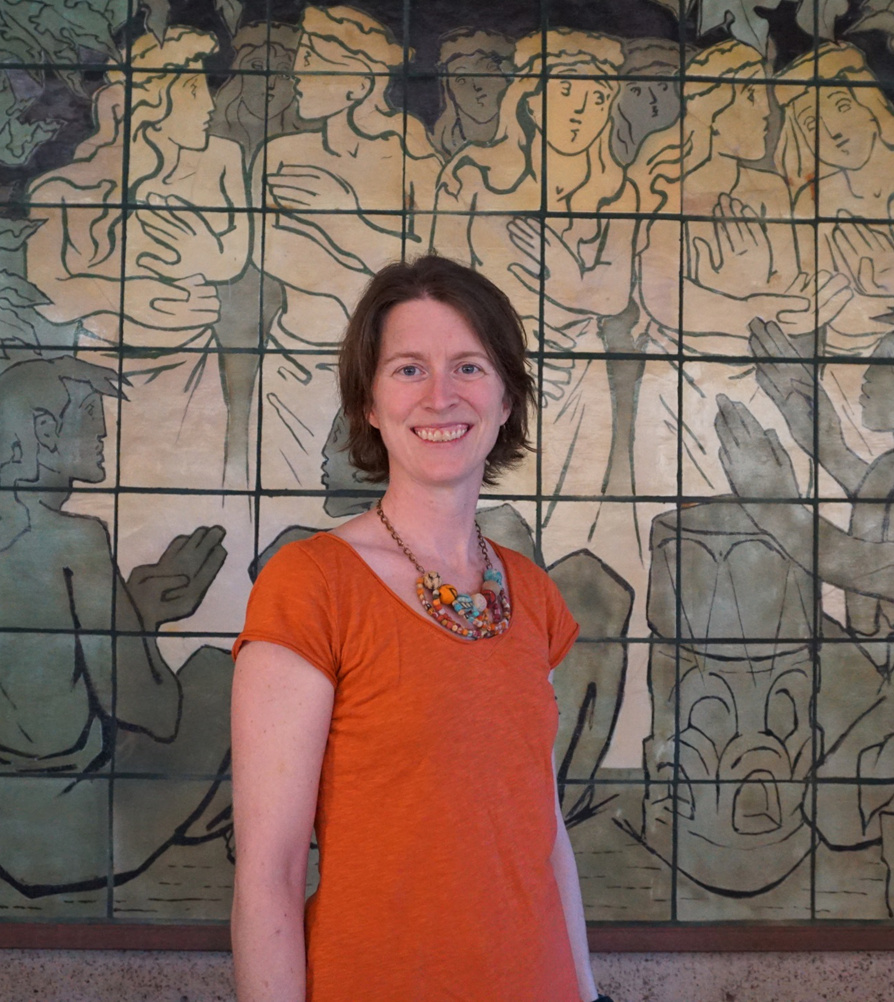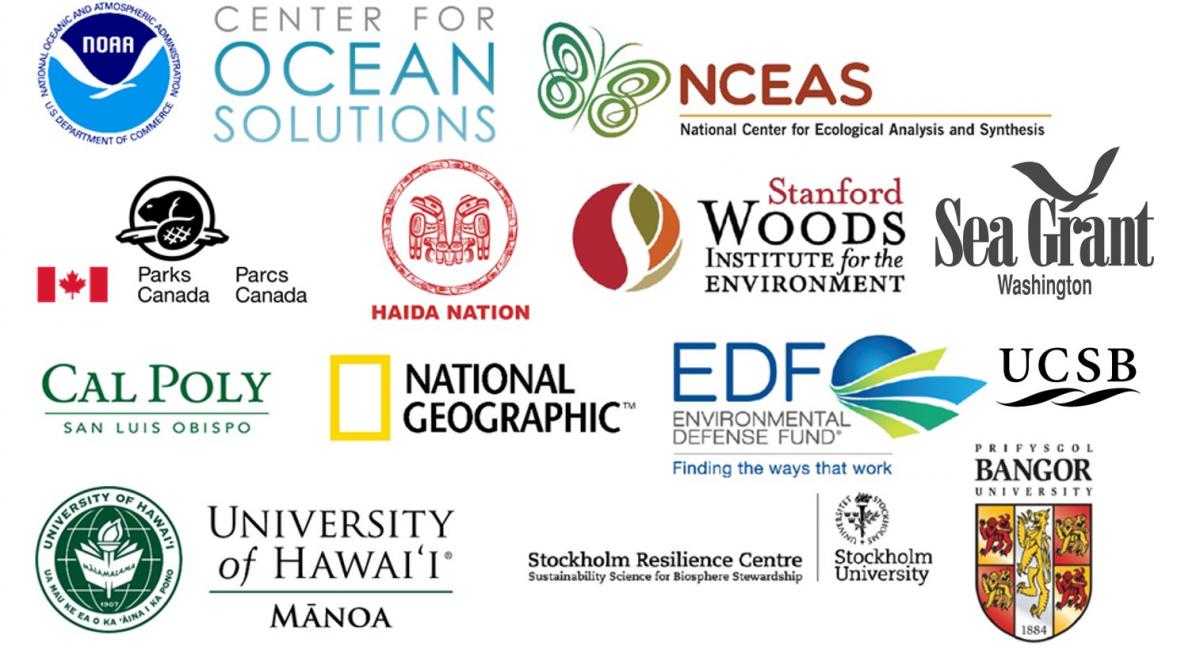
The Ocean Tipping Points project brings together experts from many fields. We are natural and social scientists, law and policy experts, and managers, each offering a critical piece of the puzzle. Our collective expertise covers population and community ecology, mathematical modeling, environmental law, marine policy, cultural anthropology, sociology, geography, economics, fisheries biology, and marine resource management. This project represents a unique opportunity to share that expertise through a truly transdisciplinary collaboration where our ultimate goal is to develop results and insights that are useful, usable, and used by managers to improve the condition of marine ecosystems.
Project Leadership:
- Carrie Kappel – Principal Investigator, National Center for Ecological Analysis and Synthesis, University of California Santa Barbara
- Larry Crowder – Co-Principal Investigator, Stanford University Center for Ocean Solutions
- Rod Fujita - Co-Principal Investigator, EDF
- Ben Halpern - Co-Principal Investigator, National Center for Ecological Analysis and Synthesis, University of California Santa Barbara, Imperial College
- Phil Levin - Co-Principal Investigator and Case Study Lead, The Nature Conservancy
- Jameal Samhouri - Co-Principal Investigator and Case Study Lead, NOAA
- Kim Selkoe - Co-Principal Investigator and Case Study Lead, National Center for Ecological Analysis and Synthesis, UC Santa Barbara, Hawaii Institute of Marine Biology
- Crow White - Co-Principal Investigator, California Polytechnic State University
- Courtney Scarborough – Project Manager, National Center for Ecological Analysis and Synthesis, University of California Santa Barbara
- Ashley Erickson – Team Lead, Stanford University Center for Ocean Solutions
- Rebecca Martone - Team Lead, Stanford University Center for Ocean Solutions
- Alan Friedlander – Case Study Lead, National Geographic Society
- Kirsten Oleson - Case Study Lead, University of Hawaii
- Melissa Poe - Case Study Lead, University of Washington, Washington Sea Grant, NOAA
Project Team:
- Adina Abeles, Stanford University Center for Ocean Solutions
- Willow Battista, EDF
- Kristi Boosman, Stanford University Center for Ocean Solutions
- Giida Kuu Juus Walker, Citizen of the Haida Nation
- Meg Caldwell, Packard Foundation
- Nora Deans, Stanford University Center for Ocean Solutions
- Mary Donovan, University of Hawaii
- Kim Falinski, The Nature Conservancy
- Melissa Foley, Auckland Council
- Mike Fox, Scripps Institute of Oceanography
- Whitney Goodell, University of Hawaii
- Don Gourlie, Stanford University Center for Ocean Solutions
- Jamison Gove, NOAA
- Chief Gindansta (Guujaaw), Citizen of the Haida Nation
- Nick Graham, Lancaster University
- Megan Hinzman, University of Saskatchewan
- Mary Hunsicker, NOAA
- Russ Jones, Council of the Haida Nation
- Jean Baptiste Jouffray, Stockholm Resilience Centre
- Kendra Karr, EDF
- Ryan Kelly, University of Washington
- Jack Kittinger, Conservation International
- Joey Lecky, NOAA
- Phil Loring, University of Saskatchewan
- Megan Mach, Stanford University Center for Ocean Solutions
- Jaclyn Mandoske, Scripps Institute of Oceanography
- Kristin Marshall, NOAA
- Daniel McNeill, Council of the Haida Nation
- Lindley Mease, Stanford University Center for Ocean Solutions
- Albert Norström, Stockholm Resilience Centre
- Magnus Nyström, Stockholm Resilience Centre
- Dan Okamoto, Simon Fraser University
- Catherine Rigg, Council of the Haida Nation
- Kosta Stamoulis, University of Hawaii
- Adrian Stier, University of California Santa Barbara
- Hilary Thorpe, Parks Canada Hilary Walecka, Stanford University Center for Ocean Solutions
- Lisa Wedding, Stanford University Center for Ocean Solutions
- Kristen Weiss, Stanford University Center for Ocean Solutions
- Gareth Williams, Bangor University
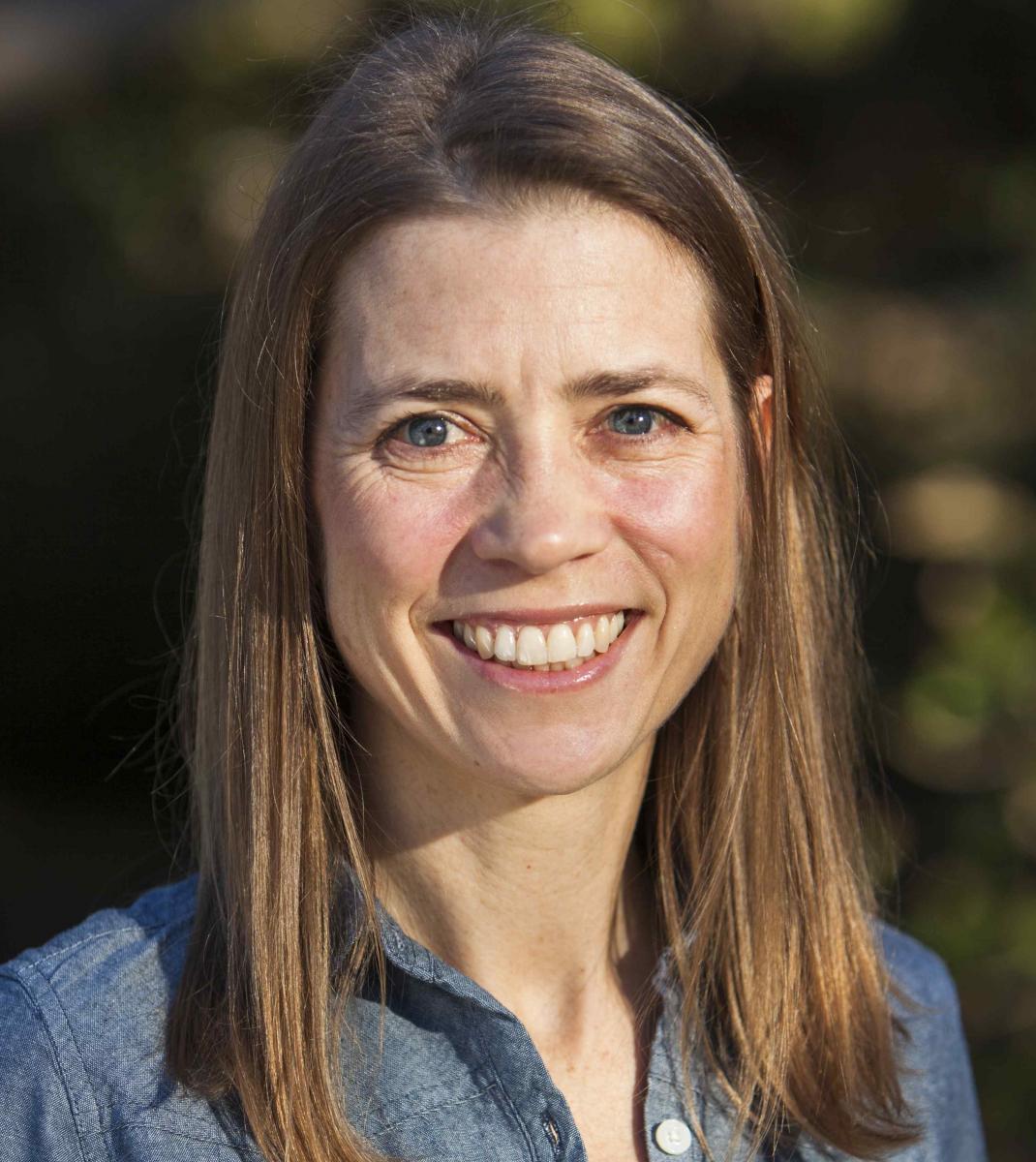 |
Carrie Kappel, PhD, marine ecologist, NCEAS and UCSB, Principal InvestigatorCarrie is a Research Biologist and Senior Fellow at the National Center for Ecological Analysis and Synthesis (NCEAS). Carrie received her PhD from Stanford University. A marine conservation biologist and community ecologist by training, she has worked in coral reefs, kelp forests and rocky intertidal systems and now uses collaborative synthesis science to develop conservation solutions that protect marine ecosystems and enhance human well being. Carrie serves on the Science for Nature and People Partnership's Science Advisory Council and is a former board member of Ecology Project International and the Teton Science Schools. |
||||
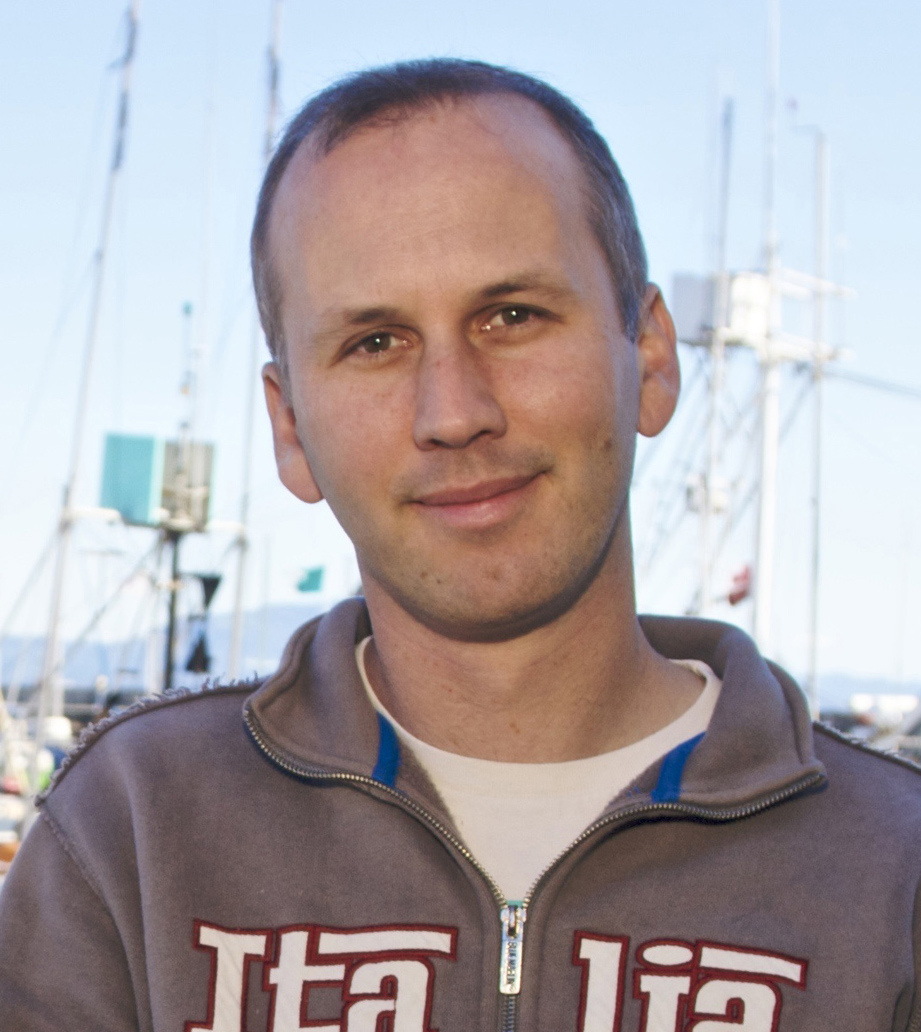 |
Ben Halpern, PhD, marine ecologist, NCEAS and UCSB, Co-Principal InvestigatorBen is a Professor at the Bren School of Environmental Science & Management at UCSB and and Director of the National Center for Ecological Analysis and Synthesis (NCEAS). He is also a Chair in Marine Conservation at Imperial College London and Director of the Center for Marine Assessment and Planning (CMAP). Much of his research addresses issues related to Coastal and Marine Spatial Planning (CMSP), including cumulative impact and ecosystem service tradeoff assessments. For the past 8 years he has been Lead Scientist for the Ocean Health Index project. |
||||
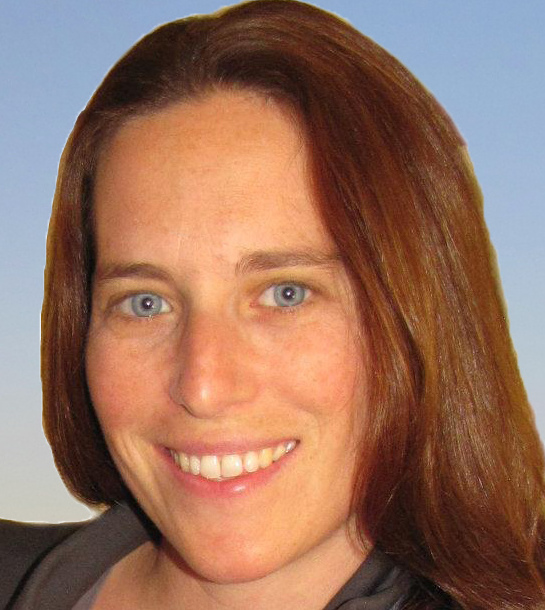 |
Kimberly Selkoe, PhD, marine ecologist, NCEAS and UCSB, Co-Principal InvestigatorKim Selkoe is affiliated with UCSB’s Marine Science Institute and National Center of Ecological Analysis and Synthesis (her primary location), as well as the Hawai’i Institute of Marine Biology. Since receiving her Ph.D. from UCSB in 2005 she has maintained three separate research threads: 1) advancing scientific tools for use in ecosystem based management and marine spatial planning, 2) understanding patterns and drivers of marine population connectivity with 'seascape' genetic techniques, and 3) both studying and improving consumer access to local and sustainable seafood. |
||||
Crow White, PhD, marine ecologist, Cal Poly San Luis Obispo, Co-Principal InvestigatorCrow received his PhD in Ecology from UCSB. He is currently an assistant professor at California Polytechnic Institute in San Luis Obispo. The overarching theme of Crow’s research is quantifying the interactions among ecological communities and human users, and identifying their implications for natural resource management. He uses decision theory, portfolio theory, ecosystem-service tradeoff analysis, and the coupling of empirics with modeling to quantify user group incentives, predict natural-human ecosystem dynamics, mediate conflicts and guide decision-making |
|||||
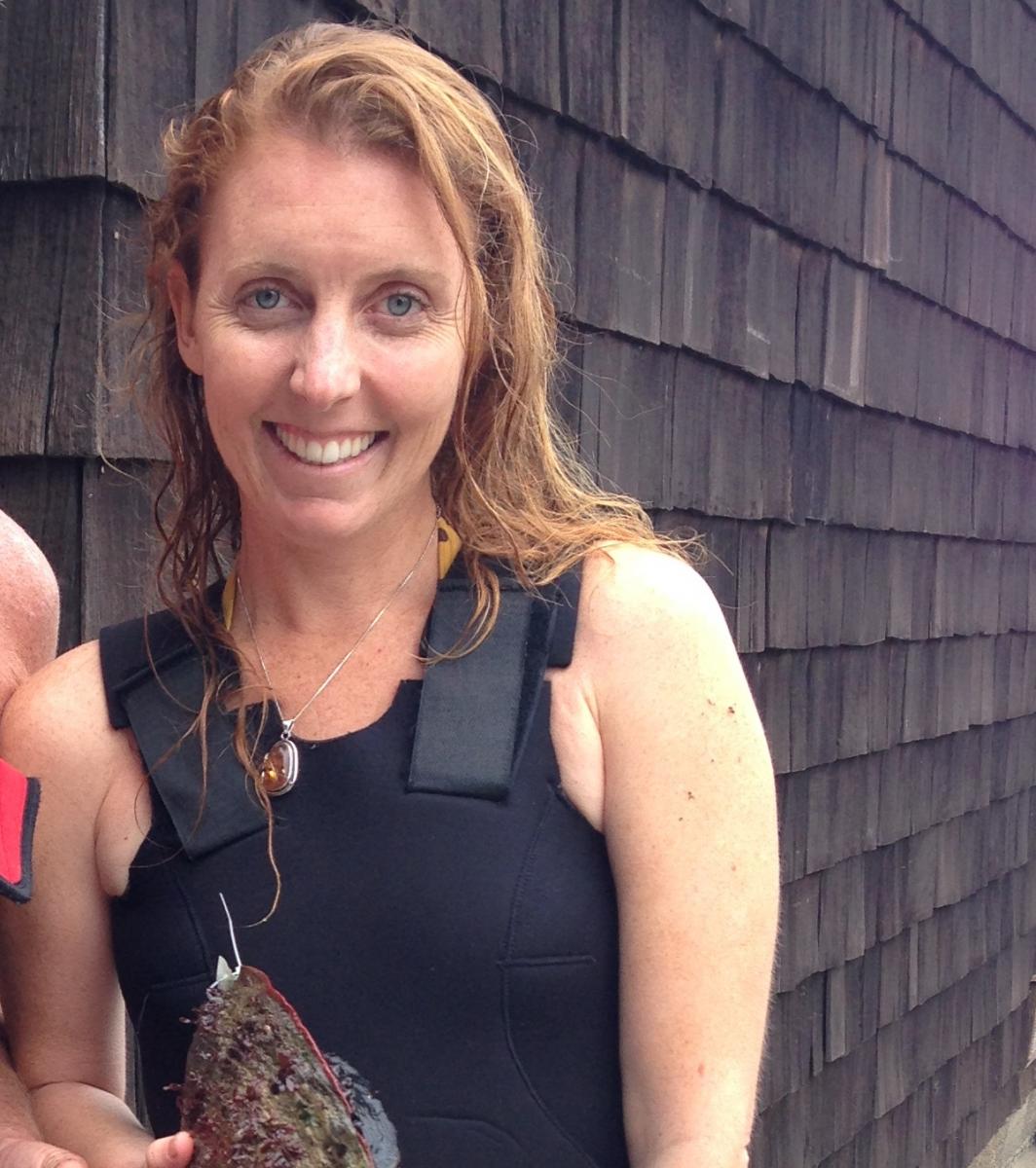 |
Courtney Scarborough, MS, project manager, UCSBCourtney is a Project Scientist at the National Center for Ecological Analysis and Synthesis (NCEAS). She received her Master’s degree in Environmental Science and Management from the Bren School at UCSB. Courtney is also a researcher on the Ocean Health Index project at NCEAS, a framework to assess the health of the oceans through a coupled social-ecological systems approach. Her research interests lie at the intersection of innovative marine science and applied management solutions. |
||||
|
|
Mary Hunsicker, PhD, marine ecologist, Northwest Fisheries Science Center, NOAAMary’s research interests focus on the structure and functioning of marine ecosystems and the potential impacts of climate and human activities on ecosystem components. Most recently, she has been using synthetic and analytical approaches to 1) identify nonlinearites and thresholds in relationships between climate drivers and human stressors and ecological responses, 2) test the utility of early warning indicators to reliably detect abrupt shifts in marine ecosystems, and 3) determine the influence of environmental variables on species distributions and interactions. Mary’s work provides insights into the population dynamics of fishes and invertebrates and ocean ecosystem processes that benefit both management and conservation efforts. |
||||
|
|
Meg Caldwell, JD, law and policy expert, Stanford University, COS, Co-Principal InvestigatorMeg is the Executive Director for the Center for Ocean Solutions. She also directs the Environmental and Natural Resources Law & Policy Program at Stanford Law School, where her research and teaching focuses on the use of science in environmental and marine resource policy development and implementation as well as private and public incentives for natural resource conservation. She served on the California Coastal Commission from 2004-2007, including two years as its chairperson. From 2004 to 2011, she was a member of the California Marine Life Protection Act Blue Ribbon Task Force, helping California establish the largest network of marine protected areas in the nation. |
||||
|
|
Larry Crowder, PhD, marine ecologist, Stanford University, COS, Co-Principal InvestigatorLarry is Science Director of Stanford University’s Center for Ocean Solutions, Professor of Biology at Hopkins Marine Station and a Senior Fellow at the Woods Institute for the Environment. His research centers on food web interactions, recruitment variation, and interdisciplinary approaches to marine conservation. He uses observational, experimental, and modeling approaches to understand these processes in an effort to improve management. He was Principal Investigator for the South Atlantic Bight Recruitment Experiment (SABRE), OBIS SEAMAP (Spatial Ecological Analysis of Megavertebrate Animal Populations), and Project GLOBAL (Global Bycatch Assessment of Long-Lived Species). Larry is a AAAS Fellow and was Duke University’s 2008-2009 Scholar/Teacher of the year. |
||||
|
|
Ashley Erickson, JD, policy and education manager, Stanford University, COSAshley Erickson is the education and training manager at the Center for Ocean Solutions.Ashley Erickson is the assistant director for law and policy at the Center for Ocean Solutions. In this role, Ashley contributes her deep knowledge of ocean and coastal law and policy issues to meet the needs and challenges of decisionmakers whose actions directly impact ocean health. Prior to becoming assistant director for law and policy, Ashley was the Center's policy and education manager from 2014 to 2015 and a law and policy fellow from 2011 to 2014. She specifically relies on her previous work with the Center on ecosystem-based marine and coastal planning, the influences of multiple stressors to marine ecosystems and fisheries management.. |
||||
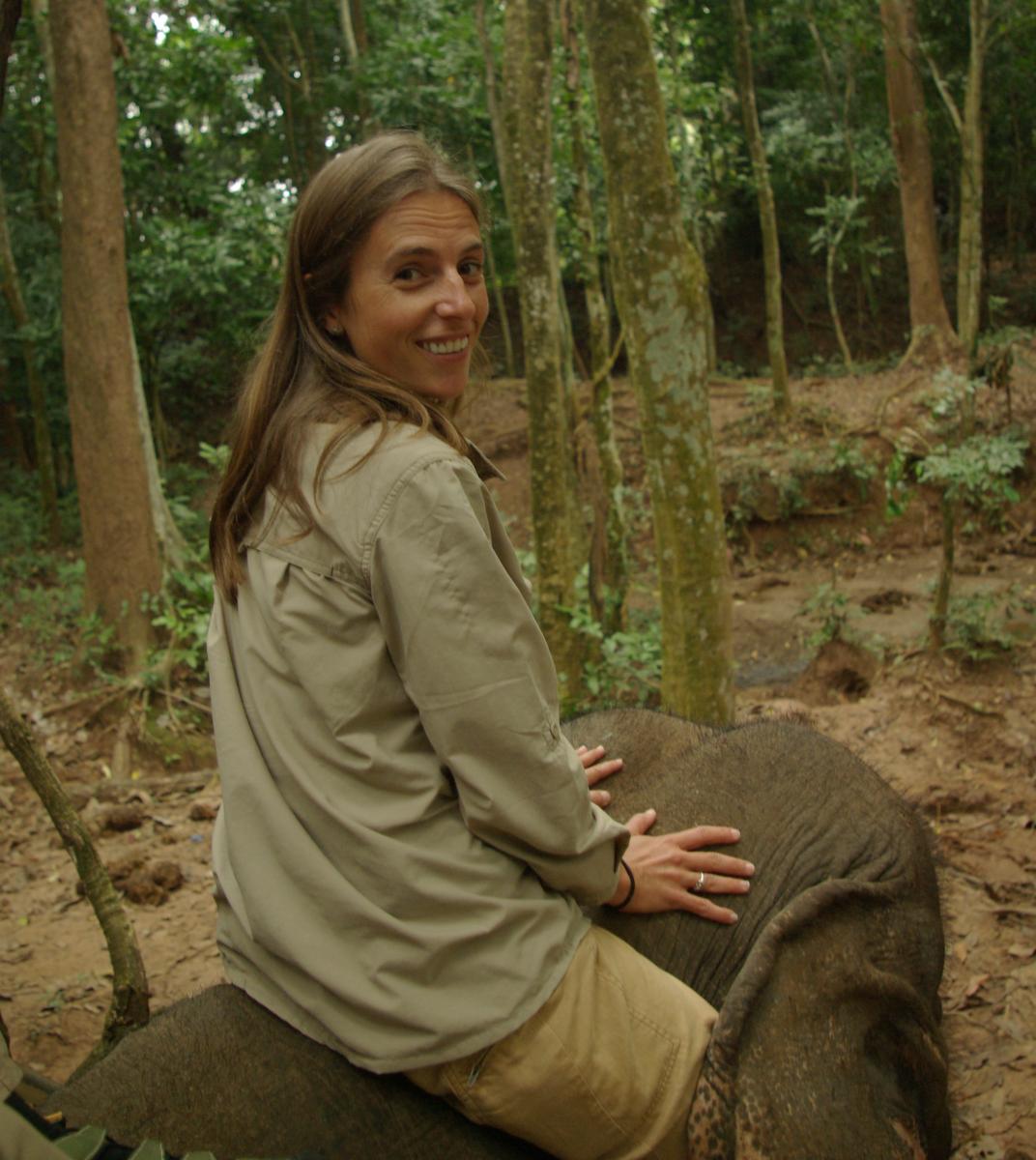 |
Melissa Foley, PhD, marine ecologist, Stanford University, COSMelissa is a senior scientist with the Research, Investigations, and Monitoring Unit at the Auckland Council in New Zealand (http://www.knowledgeauckland. |
||||
|
|
Michael Fox, MS, marine ecologist, Stanford University, COSMichael joined the Center for Ocean Solutions as a research intern in November 2009. He is currently finishing his M.S. at Moss Landing Marine Labs where he studied recovery from disturbance in giant kelp. Mike will begin his Ph.D at Scripps Institution of Oceanography in fall 2013. As a Nancy Foster Scholar, Mike will be working closely with the Humpback Whale National Marine Sanctuary on Maui, HI and the Pacific Remote Islands National Marine Monument during his dissertation. His research aims to connect wastewater effluent to declines in live coral cover on Maui and to determine if the processes structuring coral-algal competition are consistent across a gradient of degraded to near-pristine reef systems. |
||||
|
|
Ryan Kelly, PhD/JD, marine ecologist, Assistant Professor, University of WashingtonTrained as both an ecologist and a lawyer, Ryan Kelly has a broad set of interests, focused both on hard scientific data and policymakers’ use of those data. From the science side, he studies the interplay between geography, ecology, and genetics in marine species. His more applied research joins genetic and ecological research with real-world implementation in law and policy, particularly with respect to environmental monitoring, resource management, endangered species, and ocean acidification. In general, he is drawn to projects that have significant elements of both scientific and policy relevance as we work towards more sustainable use of marine resources. Dr. Kelly received his Ph.D. in Ecology, Evolution, and Environmental Biology from Columbia University, and his JD from University of California, Berkeley, School of Law. |
||||
|
|
Jack Kittinger, PhD, human geographer, Stanford University, COSDr. John N. ("Jack") Kittinger is the senior director of the Global Fisheries and Aquaculture Program in Conservation International's Center for Oceans and a Professor of Practice in Arizona State University’s Julie Ann Wrigley Global Institute of Sustainability. Under his leadership, CI works to protect biodiversity and improve the wellbeing of ocean-dependent communities by implementing sustainable fisheries and aquaculture solutions built on partnerships and investments from ocean to plate. A social scientist and marine ecologist by training, Dr. Kittinger takes a comprehensive interest in finding sustainable solutions to complex problems facing the ocean environment and the people who depend on it. A lifelong surfer, fisher and waterman, with family ties to the coastal Carolinas, he is committed to ocean-based learning experiences and to being in the water as often as possible. He and his family live in Niu Valley, Oahu. |
||||
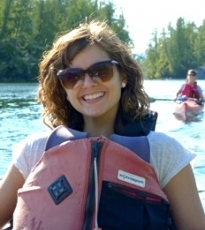 |
Megan Mach, PhD, marine ecologist, Stanford University, COSMegan Mach is an early career fellow at the Center for Ocean Solutions working on integrating science and management towards improved methods for ecosystem-based management in marine systems. She eceived a Ph.D. from the University of British Columbia's (UBC) Institute for Resources, Environment and Sustainability focused on marine ecosystem-based management and impacts of exotic species invasions. After completing her Ph.D., she worked as a planner with the Department of Fisheries and Oceans (Canada) to help develop and test a cumulative risk assessment framework for the Pacific North Coast Integrated Management Area (PNCIMA). She was also a postdoctoral research fellow for Dr. Kai Chan at the University of British Columbia working on cumulative impacts to ecosystem services on a project funded by the David and Lucille Packard Foundation. |
||||
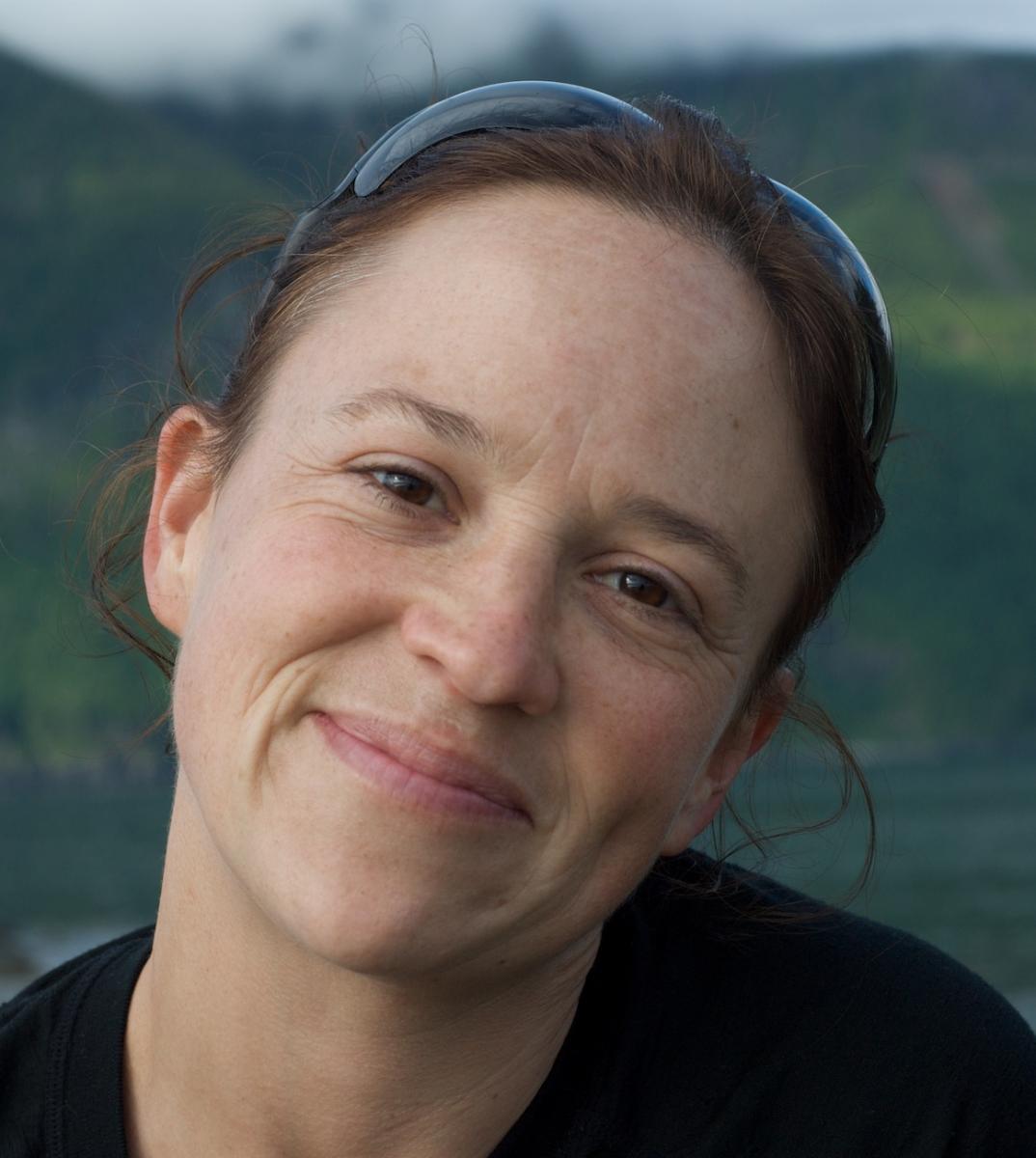 |
Rebecca Martone, PhD, marine ecologist, Stanford University, COSRebecca is an applied marine ecologist with over 15 years of experience in developing and applying interdisciplinary science for ecosystem based-management in diverse marine and coastal settings across the west coast of North America. Most recently, Rebecca has been working with the Fisheries and Oceans, Canada, the Province of British Columbia (BC) and the Marine Plan Partnership (MaPP) on marine protected area (MPA) network planning, ecosystem health monitoring and reporting, and marine cumulative effects assessment in the northern shelf bioregion of BC. Prior to this, Rebecca worked as the Assistant Director for Science and Research at Stanford University’s Center for Ocean Solutions. Rebecca holds a PhD from Stanford University in biological sciences, a master’s degree from Duke University in marine environmental management, and a bachelor’s degree from Northwestern University in environmental sciences. |
||||
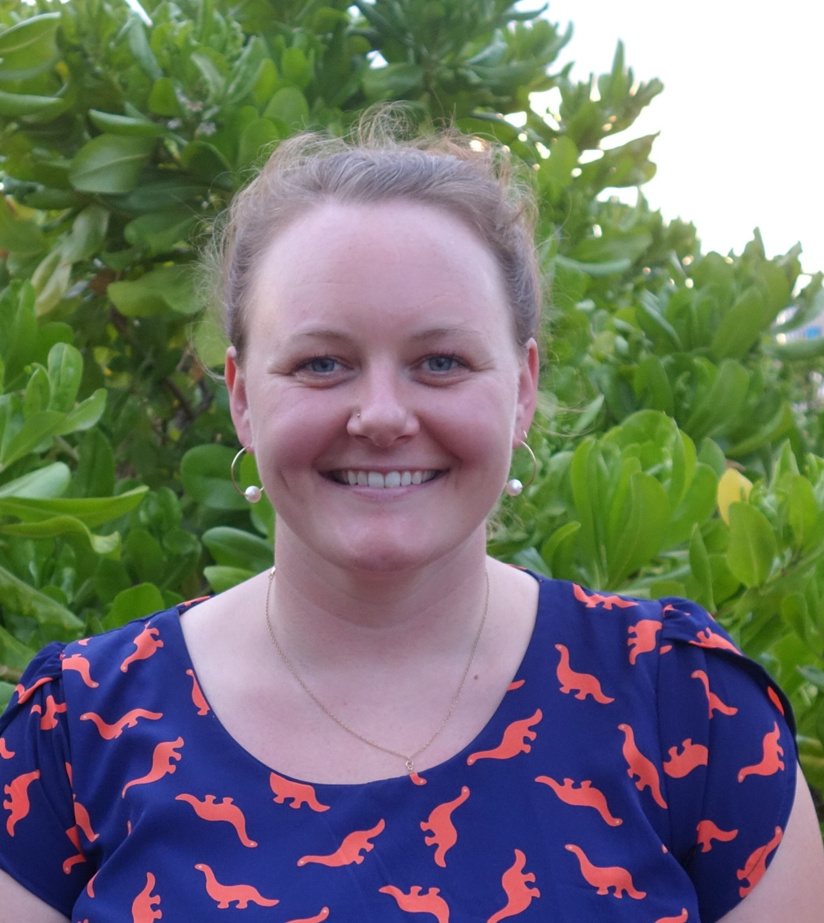 |
Mary Donovan, marine ecologist, University of Hawai‘iMary is a Ph.D. candidate at the University of Hawaii at Mānoa studying marine ecology under Dr. Alan Friedlander. For her dissertation research she is studying large scale patterns in coral reef community structure in Hawaii and the Caribbean to inform ecosystem approaches to quantifying reef status and trends. Mary’s experiences range from life history studies of reef fishes to collating large monitoring datasets to ask broad scale questions about the state of coral reefs. Her motivation is to inform practical solutions to conservation issues through rigorous science and innovative quantitative approaches. |
||||
|
|
Rod Fujita, PhD, marine ecologist, Environmental Defense Fund, Co-Principal InvestigatorRod is Director of R&D for Environmental Defense Fund’s Oceans Program and a Visiting Fellow at COS, where he is working on Marine Spatial Planning, managing for ecosystem resilience, characterization and control of cumulative impacts, and the development of markets for unpriced ecosystem services. With EDF, Rod helped to establish the Florida Keys National Marine Sanctuary, Channel Islands marine reserve network, and California’s landmark Marine Life Protection Act. Rod is a leader in the theory and practice of sustainable fisheries. He has extensive experience working with fishing communities, regulators, and business leaders in North America and beyond. In 2000, Rod was awarded a Pew Fellowship in Marine Conservation. |
||||
|
|
Willow Battista, MS, environmental policy expert, Environmental Defense FundWillow works for the Research and Development team in Environmental Defense Fund's Oceans Program. Her work focuses on developing and applying tools to inform management actions in data-limited fisheries around the world. She also seeks to better understand environmental impacts and natural resource use by analyzing people's decision and behavior drivers as individuals as well as larger societies. Her main interests center around integrating science into management and policy design and working with local communities to create strategies that foster sustainable resource use and the conservation of biodiversity. Willow earned a bachelor's degree in psychology at the University of Washington, followed by a Master's degree in Environmental Science and Management from the Bren School of Environmental Science and Management at UC, Santa Barbara. |
||||
|
|
Kendra Karr, PhD, marine ecologist, Environmental Defense FundKendra is with the R & D team for Environmental Defense Fund's Oceans Program. She recently finished her PhD in marine ecology at the University of California, Santa Cruz where her studies focused on how variability in a biogenic habitat influences ecosystem structure and functioning in nearshore marine habitats. Since receiving her PhD in 2011, major themes of research with EDF has focused in 1) assessing thresholds in marine ecosystems, 2) managing fishing mortality with more effective effort and spatial controls, and 3) data-limited stock assessment methods. Kendra is also a research associate with UCSC’s Institute of Marine Science. |
||||
|
|
Phillip Levin, PhD, Lead Scientist, The Nature Conservancy, Washington State Chapter, Co-Principal InvestigatorPhil is currently Lead Scientist for The Nature Conservancy's Washington State Chapter. Before joining TNC, Phil led the Ecosystem Science Program at NOAA Fisheries’ Northwest Fisheries Science Center. He is a community ecologist and conservation biologist who is interested in bridging the gaps between theory and practice in conservation biology, and developing modeling and statistical approaches to inform marine ecosystem-based management. Much of his work has focused on developing scientific tools to inform Ecosystem Assessments and Marine Spatial Planning. Through this work, he has led the development of new tools for characterizing ecosystem health and forecasting the cumulative effects of management decisions and climate change on living marine resources. Before joining NOAA in 1999, Phil was an Assistant Professor at Texas A&M University. He received his Ph.D. from the University of New Hampshire. |
||||
|
|
Jameal Samhouri, PhD, marine ecologist, National Marine Fisheries Service, NOAA, Co-Principal InvestigatorJameal leads the Ecosystem Science Program at NOAA Fisheries’ Northwest Fisheries Science Center. Through field experiments, quantitative analysis, and the development of mathematical models, his research focuses on how people's activities influence marine ecosystems, and how changes in marine ecosystems affect people. Most of his work now centers on the California Current Large Marine Ecosystem, including Puget Sound. In conjunction with his work on ocean tipping points, Jameal's current research areas of interest include ecosystem assessment, vulnerability of fish and fishermen to climate change, effects of coastal activities on seagrass community dynamics, and developing strategies for species and ecosystem recoveries. Jameal received his Ph.D. from UCLA. |
||||
 |
Adrian Stier, PhD, marine ecologist, Assistant Professor, Ecology Evolution & Marine Biology Department, University of California Santa BarbaraAdrian is a marine ecologist whose research examines the ecological processes that drive the biodiversity, recovery, and resilience of harvested ecosystems. His approach combines theoretical and experimental techniques with meta-analysis and interdisciplinary collaboration. Adrian received his PhD from the University of Florida and served as a Killam Postdoctoral Fellow at the University of British Columbia, and was an Ocean Tipping Points Postdoc. |
||||
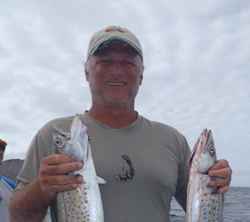 |
Alan Friedlander, PhD, marine ecologist, University of Hawai'i at ManoaFor more than 30 years Alan Friedlander has been examining population regulation in marine ecosystems with particular emphasis on responses to exploitation, marine protected area effectiveness, as well as traditional and contemporary fisheries management practices. Alan is currently Chief Scientist for National Geographic’s Pristine Seas project whose goal is to locate, survey, and help protect the last wild places in the ocean. He started his career in the early 1980s as a fisheries extension officer in the Kingdom of Tonga and then worked for Territorial Fish and Wildlife and the National Park Service in the US Virgin Islands where he conducted research on coral reefs throughout the Caribbean. |
||||
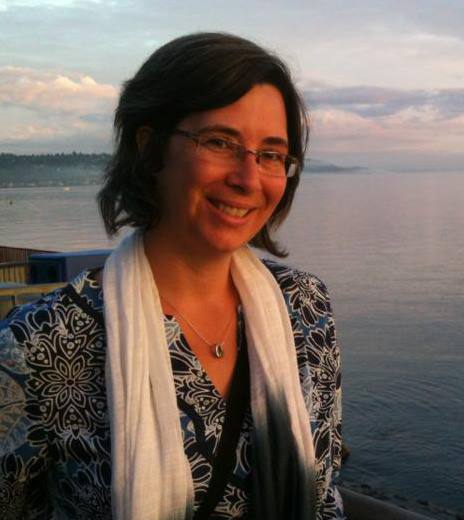 |
Melissa Poe, PhD, Environmental Social Scientist, University of Washington Sea GrantMelissa Poe is an environmental social scientist at the University of Washington Sea Grant Program and a liaison with NOAA’s Northwest Fisheries Science Center. Trained as an environmental anthropologist, Melissa applies political ecology, ethnoecology, and cultural geography approaches to environmental problems through participatory research. Melissa earned her masters and doctorate at the University of Washington focusing on resource-based livelihoods and community-based management. Melissa is a contributing scientist to NOAA’s California Current Integrated Ecosystem Assessment, and a social science advisor to the Puget Sound Partnership. Melissa has conducted extensive fieldwork throughout Pacific North America in marine and terrestrial ecosystems. |
||||
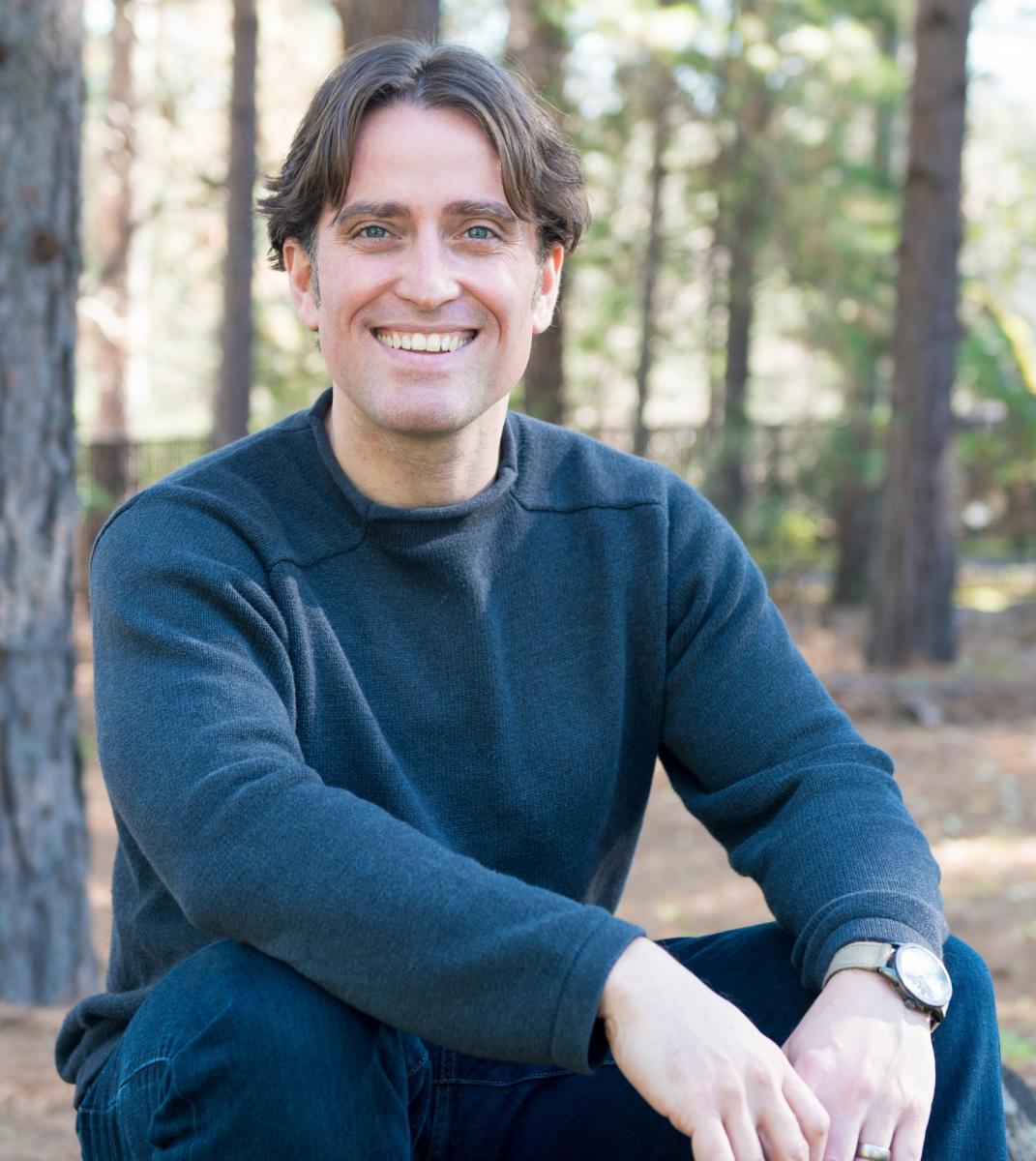 |
Phil Loring, PhD, Anthropologist, University of SaskatchewanPhil Loring is an anthropologist with interests in food systems, coastal community sustainability, and social justice. He is an assistant professor at the University of Saskatchewan, where he teaches sustainability and runs the Conservation of Change lab--a collaboration of multiple faculty and students with research in Alaska, and Western and Arctic Canada. His recent publications focus on conflict, coexistence, and social justice in Alaska fisheries. Phil serves on the research management committee for the Marine Environmental Observation Prediction and Response network in Canada; the governance team of the Rural Policy Learning Commons; and is co-lead of the “Fish as Food” cluster for the Too Big to Ignore Network. He is a former president of the Alaska Chapter of the American Fisheries Society. He holds a PhD in Indigenous Studies and an MA in Anthropology, both from the University of Alaska Fairbanks. . |
||||
|
|
Kirsten Oleson, PhD, University of Hawaii ManoaKirsten Oleson is an Associate Professor of Ecological Economics with the Department of Natural Resources and Environmental Management at the University of Hawaii Manoa. Her research lab integrates multiple methods from the natural and social sciences to study the reciprocal relationships between humans and ecosystems. Previously, she held posts as an environmental engineer with the World Bank, an ecological economist with Blue Ventures Conservation, an affiliated scholar with Stanford’s Center on Ethics in Society, a post-doctoral teaching fellow at Stanford’s Public Policy Program, and a National Science Foundation International Research Fellow in Madagascar. Kirsten earned her Ph.D. from Stanford’s Interdisciplinary Program in Environment and Resources (2007), a Master’s in Applied Environmental Economics (Imperial College, University of London 2005), and degrees in Civil and Environmental Engineering (M.Sc. Technical University of Delft 1998; B.Sc. University of Virginia 1996). |
||||

